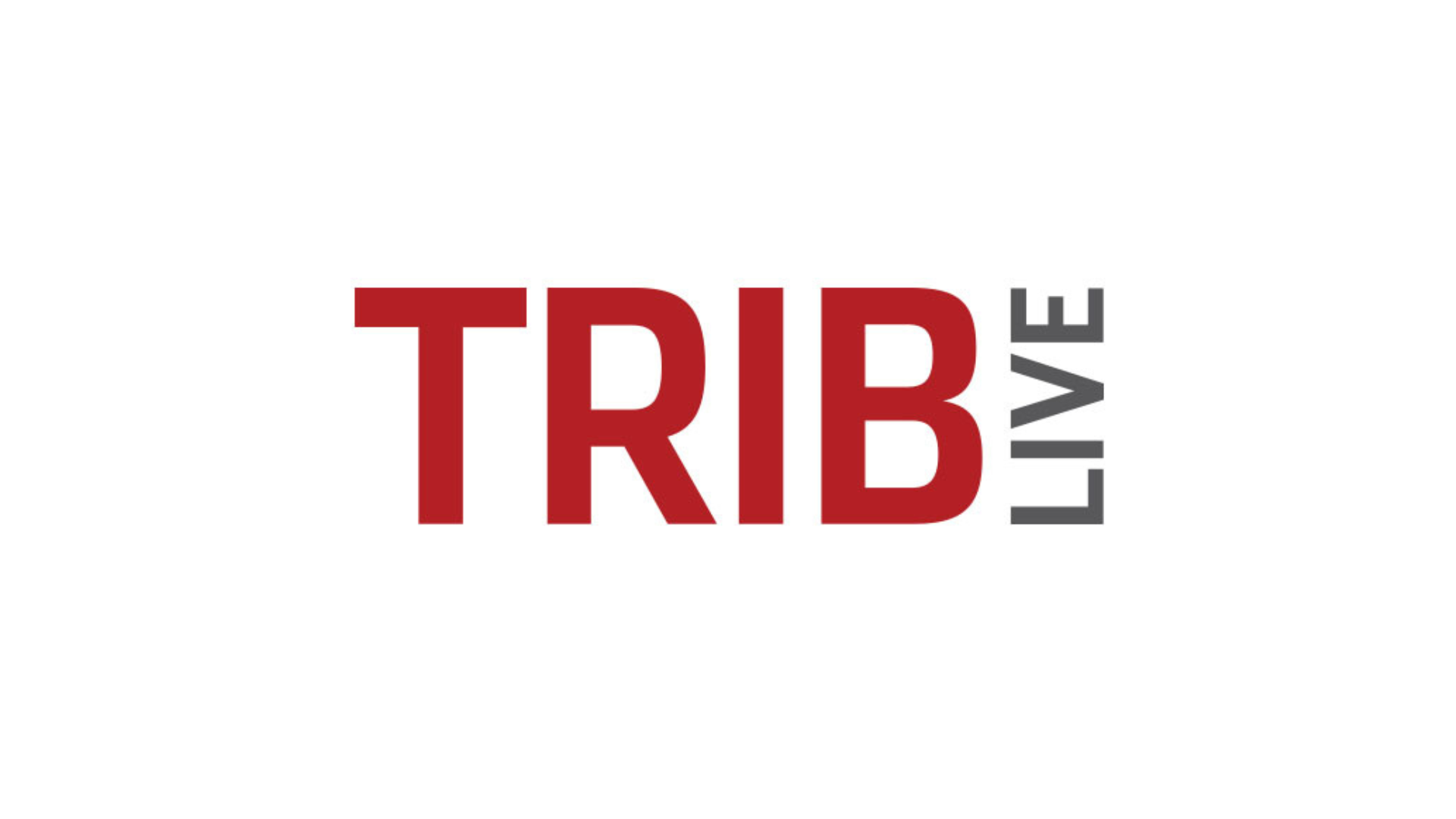
Originally published on Real Clear Education on February 1, 2023
In America, we’ve long been taught that hard work is the definitive road to the American Dream. We’re also heavily invested in the belief that education is the “great equalizer”—the one thing that can get any of us where we want to go.
Deep down, though, we know that these half-truths are more like fantasies. For far too many students in this country, the future is determined by the zip code they live in, not by how hard they work.
Nonetheless, we should be reminded that it doesn’t matter where you start; what matters is where you’re going. Those of us who work in education understand this principle more than most—lack of access shouldn’t determine where a student ends up. And it should shock our collective conscience that we haven’t done more to ensure that all students, particularly those from underrepresented and historically underserved groups, are thriving academically.
It’s more urgent than ever for local, state, and academic leaders to work together to ensure every family has access to schools and educational programs that best meet their children’s needs. The school choice movement underscores our country’s relentless pursuit of true equity in education.
To be sure, much of the recent dialogue surrounding merit-based academic systems in Virginia and elsewhere peddles the fantasy that hard work is all you need. There are still hard-working students for whom a top-tier or Ivy League college is out of reach because their high school doesn’t offer AP courses, because their parents don’t have the money for intensive tutoring, or because their family can’t afford to make a large donation to their top school of choice.
What’s more, success is directly linked to access: the people you know, the network you have, and the connections you’ve cultivated. We do our children a disservice when we omit this very real fact, or worse, imply that some kids are more deserving of opportunity than others.
Despite the many historical inequities that persist in education today, families have more options than ever when it comes to how they choose to educate their children and set them on a path to success. For those whose local schools aren’t meeting their needs, publicly funded charter schools provide additional support and resources. In other cases, private and public online schools and programs provide flexibility and the personalized support many students need.
Many students utilizing these non-traditional academic options are performing at the highest levels, getting into top colleges and universities, and reaching their full potential. That’s why it’s in our collective interest to support the full variety of academic options that offer opportunities to students across the country. We must send the message that achievement shouldn’t be reserved for a chosen few.
Wisdom and experience have taught adults that there isn’t just one formula for success. Kids need to know this, too. And they need our support as they learn how to navigate their future. Let’s help them get there. All of them.
Janice Gruneberg is a former teacher and Superintendent of Schools at Stride, Inc.




